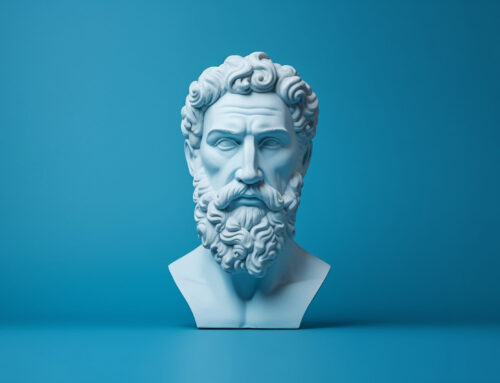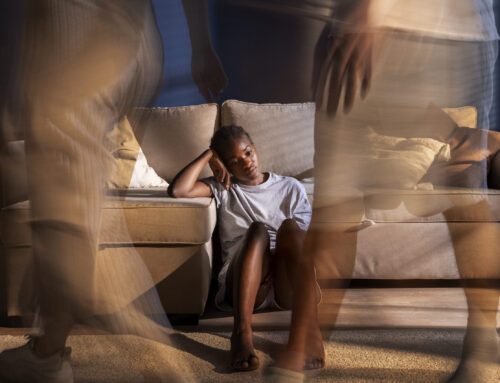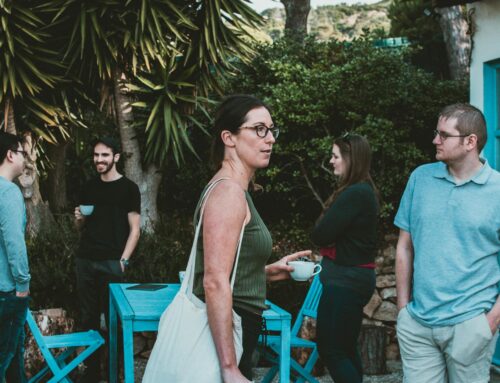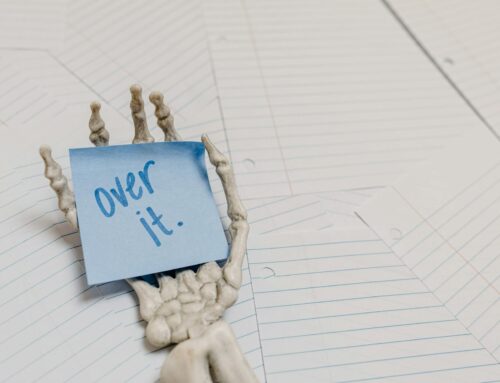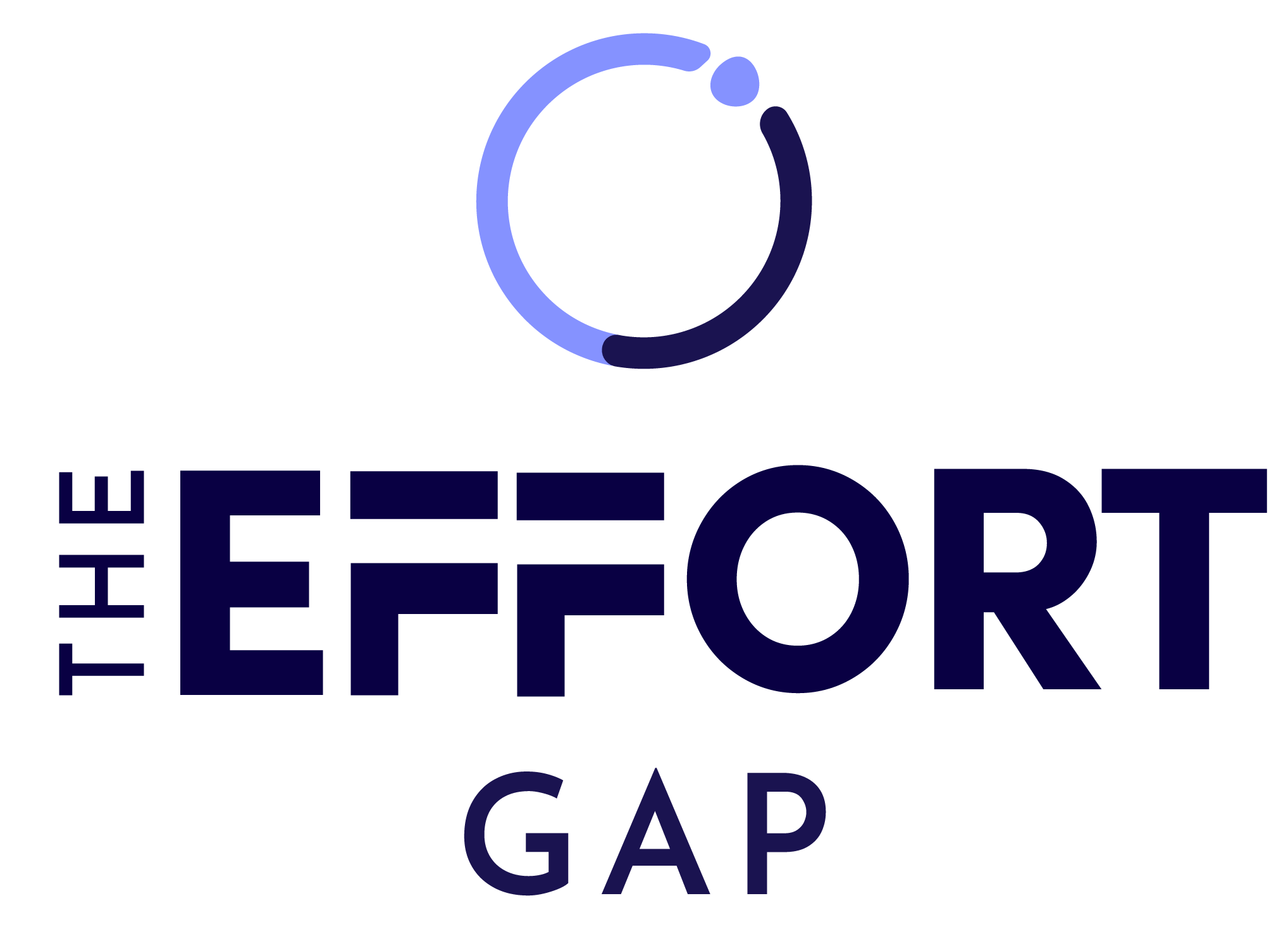Anyone who knows me knows I love to chill. I’m one of those people who leaps into sweatpants the second I walk into the door. Quiet time alone is how I recover from draining social events. So when the wellness world started preaching the gospel of rest, I didn’t just listen. I immersed. Rotting away on the couch was “necessary for my mental health.”
Rest vs Disengagement
Here’s the other half of the truth, one we don’t talk about: Prolonged rest becomes disengagement. And it’s an easy line to cross.
You tell yourself you’re “recharging.” You promise you’ll get back to things once you feel more energized. When resting goes on too long without activity, it stops restoring energy. It starts draining your capacity. You lose your appetite for connection. Your social battery isn’t recharging anymore, it’s eroding.
How to Recharge Energy
Rest is important, but the goal isn’t to rest more. It’s to build a life you don’t have to recover from. That means building relationships that feel nourishing, not draining. People who make your effort feel appreciated and reciprocated.
Energy doesn’t come from rest alone, but from following it with reengagement. Solitude and stillness are fundamental, especially for clearing the mind. Do it when you need to. But don’t use it as a chance to opt out forever.
Rest and reflect, then rejoin your life.
